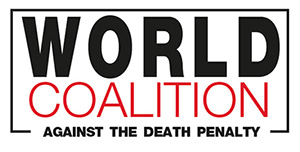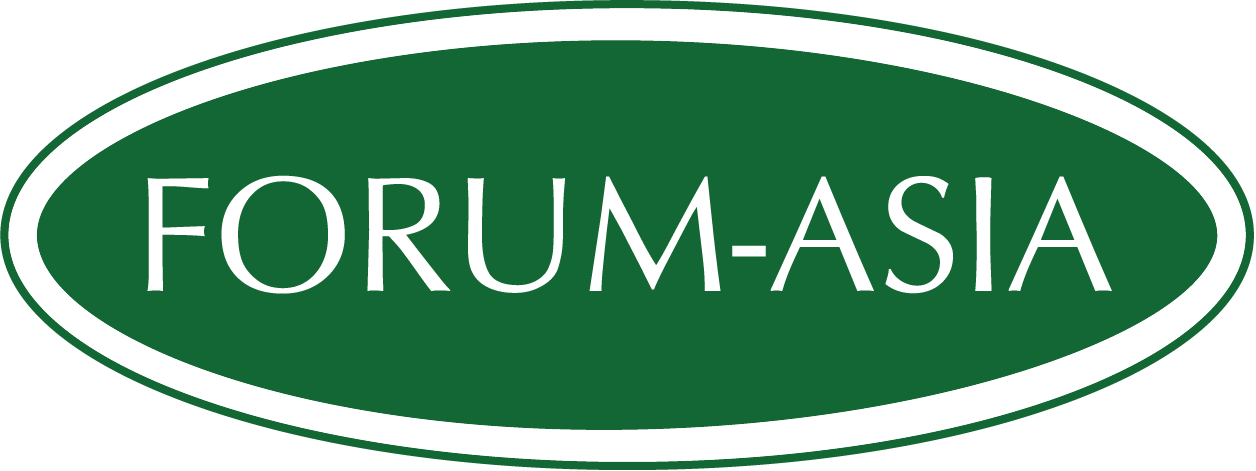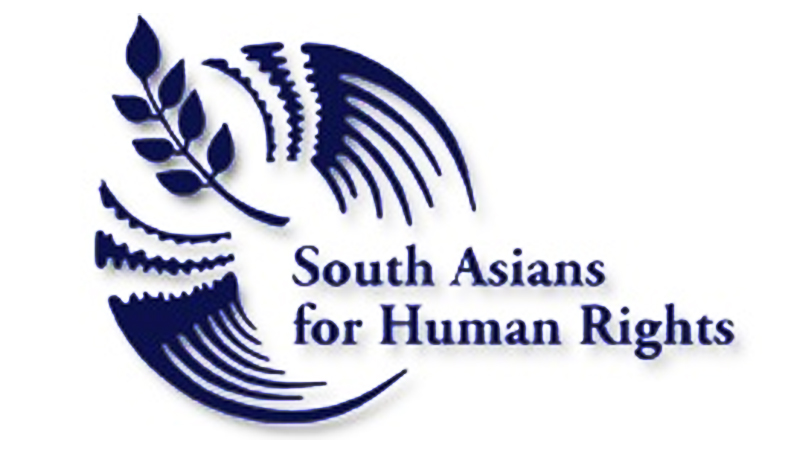Senegal: Hissne Habre Court Opens
Dakar, February 8, 2013 – The inauguration of a special court in Senegal marks a turning point in the long campaign to bring to justice the former dictator of Chad Hissène Habré, a coalition of human rights groups said today.
Habré is accused of thousands of political killings and systematic torture during his presidency, from 1982 to 1990. He has been living in exile in Senegal for more than 22 years.
“I have been waiting for this day for 22 years,” said Souleymane Guengueng, who nearly died during almost three years of mistreatment in Habré’s prisons, and later founded the Association of Victims of Crimes of the Regime of Hissène Habré (AVCRHH). “I want to see Habré in court before even more victims die.”
The court was inaugurated on February 8, 2013, by Ciré Aly Ba, administrator of the new court, in the presence of the recently nominated judges and prosecutors.
After Macky Sall’s election as president of Senegal in April 2012 and the decision of the International Court of Justice (ICJ) on July 20, ordering Senegal to prosecute Habré “without further delay” or to extradite him, Senegal and the African Union (AU) agreed on a plan to create Extraordinary African Chambers to conduct the trial within the Senegalese judicial system.
The pre-trial phase, including an investigation by four Senegalese magistrates, is expected to last 15 months. It will potentially be followed by a trial in 2014.
“Senegal can hold its head up high today,” said Alioune Tine of the Dakar-based African Assembly for the Defense of Human Rights (RADDHO). “My country is setting an example for Africa by showing that Africans can take care of their own problems. The time when brutal despots could just take their bank accounts and move next door is coming to an end.”
The Extraordinary Chambers Statute calls for the creation of chambers to handle investigations, trials, and appeals. The trial chamber and the appeals chamber will each consist of two Senegalese judges and one non-Senegalese judge from an AU member country, who will preside over the proceedings.
The chambers will prosecute “the person or persons most responsible” for international crimes committed in Chad between June 7, 1982, and December 1, 1990. It is possible that Habré will be the only person tried before the tribunal.
The Extraordinary Chambers Statute provides for the participation of victims at all stages of the proceedings as civil parties, represented by counsel, and for the award of reparations.
“We will show that Habré directed and controlled the police force that killed or tortured those who opposed him, or who simply belonged to the wrong ethnic group,” said Jacqueline Moudeina, lead lawyer for the victims and president of the Chadian Association for the Promotion and Defense of Human Rights (ATPDH). “The evidence makes clear that Habré was not only politically responsible but also legally responsible for massive crimes.”
The International Committee for the Fair Trial of Hissène Habré, which includes the RADDHO, the ATPDH, the AVCRHH, Human Rights Watch, the International Federation of Human Rights (FIDH), the Senegalese League for Human Rights, and Agir Ensemble pour les Droits de l’Homme, among others, said that the participation of Habré’s victims was a key feature of the trial.
“The full and effective participation of the victims in the case will be crucial for the trial’s impact,” said Sidiki Kaba, FIDH honorary president and coordinator of FIDH Litigation Action Group. “We will make sure that the victims can be heard at each stage of these proceedings.”
The chambers’ budget allows for the recording of all proceedings as well as the establishment of an extensive outreach program so that the trial can have a positive and educational impact in Chad and elsewhere.
A 1992 truth commission accused Habré of stealing millions from the Chadian treasury, including US$11.6 million the day before he fled in 1990.
The Extraordinary Chambers have a budget of €7.4 million. The international donors are Chad (approximately €3 million), the European Union (€2 million), the Netherlands (€1 million), the African Union (US$1 million), the United States (US$1 million), Germany (€500,000), Belgium (€500,000), France (€300,000) and Luxembourg (€100,000).
Background
Habré ruled Chad from 1982 until he was deposed in 1990 by President Idriss Déby Itno and fled to Senegal. His one-party rule was marked by widespread atrocities, including waves of ethnic cleansing. Files of Habré’s political police, the Direction de la Documentation et de la Sécurité (DDS), which were discovered by Human Rights Watch in 2001, reveal the names of 1,208 people who were killed or died in detention, and 12,321 victims of human rights violations.
The United States and France supported Habré throughout his rule, seeing him as a bulwark against Libya’s Muammar Gaddafi. Under President Ronald Reagan, the United States gave covert CIA paramilitary support to help Habré take power.
Habré was first indicted in Senegal in 2000, but the country’s courts said that he could not be tried there, so his victims filed a case in Belgium. In September 2005, after four years of investigation, a Belgian judge indicted Habré and Belgium requested his extradition. When Senegal refused to send Habré to Belgium, and spent the next three years stalling on a request from the African Union to put him on trial in Dakar, Belgium took the case to the ICJ. The Obama administration also threw its weight behind a trial.
Category: Media Monitoring






